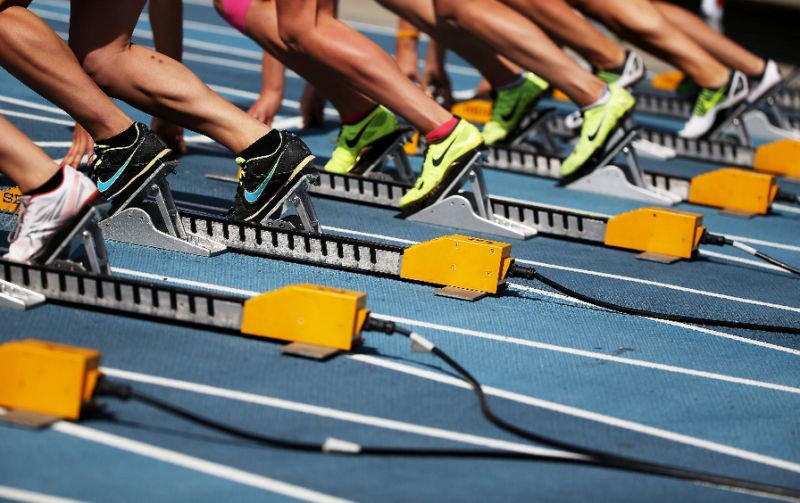Former Olympic 800 metres champion Paul Ereng believes ignorance, greed and neglect by officials are to blame for the increase in doping incidents among his Kenyan compatriots.
“Doping is on the rise because athletes are gullible and would want to earn so much without working so hard, while foreign agents want to make a quick buck,” Ereng, who won gold at the 1988 Seoul Olympics told Reuters in Eldoret on Wednesday.
The east African nation famed for middle and long distance athletics prowess has come under increasing global scrutiny following failed doping cases involving its elite athletes, among them three-time Boston Marathon winner Rita Jeptoo.
Earlier this month, the International Association of Athletics Federations (IAAF) said that Kenyan and Russian athletes wishing to compete at the Rio Olympics must be re-tested prior to the Aug. 5-21 Games.
Last week, the World Anti-Doping Agency (WADA) approved Kenya’s new anti-doping legislation, earlier declared non-compliant because it was not in line with its code, which the country hopes will help its athletes avert an Olympic ban.
“There were no controls here. It is always everybody for himself or herself and there is a serious neglect by administrators,” said Ereng, who is now head coach of athletics at the University of Texas at El Paso in the United States.
“The IAAF are on the right track. They must create a level playing field where clean athletes don’t feel cheated. Our sport must be cleaned even if it means new screening…,” the 48-year-old added in the north Rift Valley town hosting this week’s Kenyan Olympic trials.
Ereng was a surprise winner at the Seoul Games, which are largely remembered for the doping scandal surrounding Canadian sprinter Ben Johnson, when the 100m winner was stripped of his gold medal in the wake of a positive drugs test.
Expressing his approval of Eldoret acting as venue for the trials because it was “the heartbeat of Kenyan athletics”, Ereng was critical of officials for only allowing athletes who had attained qualifying times to compete. “They should allow all categories to participate. Athletics is like education. You don’t lock out B or C students from college education and make it only accessible to A students,” he added.
(Editing by John O’Brien)


